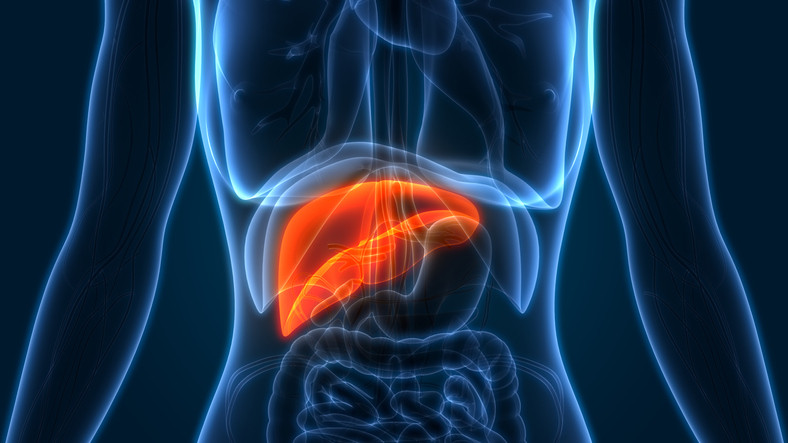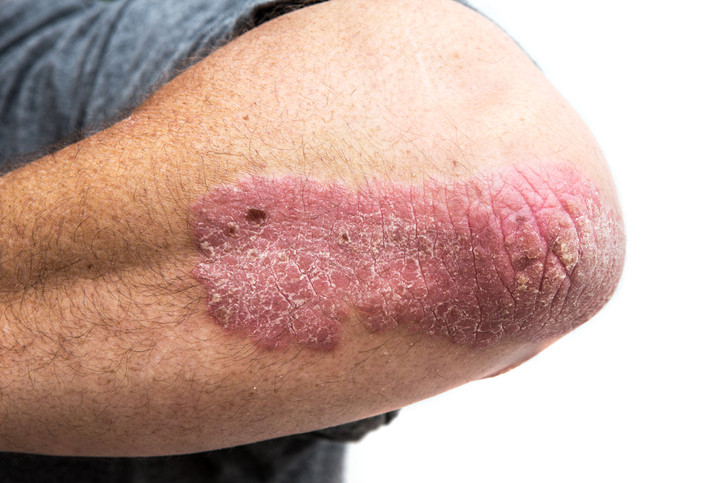
Avocado nutrition: Health benefits and easy recipes

Swimming lessons save lives: What parents should know

Preventing and treating iliotibial (IT) band syndrome: Tips for pain-free movement

Wildfires: How to cope when smoke affects air quality and health

What can magnesium do for you and how much do you need?

Dry socket: Preventing and treating a painful condition that can occur after tooth extraction

What happens during sleep �� and how to improve it

How is metastatic prostate cancer detected and treated in men over 70?

Could biofeedback help your migraines?

What is autism spectrum disorder?
Cancer Archive
Articles
What’s the beef with red meat?
A recent study suggested that eating red or processed meats won't necessarily harm your health. What is the truth?
The news headlines were everywhere: "It's Okay to Eat Red Meat." The source for this statement was a study published online Oct. 1, 2019, in Annals of Internal Medicine.
An international team of researchers conducted five systematic reviews that looked at the effects of red meat and processed meat on multiple health issues, such as heart disease, cancer, diabetes, and premature death.
Can you outrun an early death?
Research we're watching
People who run �� even in small amounts �� are less likely to die during a given period compared with those who don't run, according to an analysis published online Nov. 4, 2019, by the British Journal of Sports Medicine. The benefit appears even among people who run for less than 50 minutes once a week, at speeds below 6 mph.
Researchers began their review of 14 studies, involving more than 200,000 people, in hopes of determining whether running can stave off deaths from heart disease, cancer, and other causes. They also sought to find out how much running people need to do to benefit. The studies tracked participants for periods ranging from five-and-a-half to 35 years. Over the course of these studies, 25,951 of the participants died. When comparing those people to those who lived until the end of the study, the researchers found that people who ran, no matter the amount, were 27% less likely than nonrunners to die from any cause during the study period. Runners also had a 30% lower death rate from cardiovascular disease and a 23% lower death rate from cancer. While running was linked with longer life and less disease in these studies, this doesn't necessarily prove that it was the running that actually caused better health. But the results suggest that lacing up those sneakers and going for a quick jog might improve your health.
Rural health risks?
Research we're watching
People living in rural areas of the country appear to be more likely to die from preventable causes compared with people in more urban locations, says a CDC report. The report looked at deaths from 2010 to 2017 and found that people in rural locations were more likely to die from preventable conditions, including cancers and heart and respiratory diseases. In 2010, about 29% of cancer deaths in rural areas were potentially preventable, compared with 18% of cancer deaths in urban areas. In addition, 45% of heart disease deaths in rural locations were deemed preventable, compared with 24% of heart disease deaths in urban areas. The authors suggested several strategies to reduce disparities, including better screening programs and initiatives to encourage better eating and exercise habits, as well as smoking cessation.
Image: shaunl/Getty Images
Beyond heart health: Could your statin help prevent liver cancer?
Statins have been prescribed for decades to lower cholesterol, but a recent study found that one type of statin may provide people with certain kinds of liver disease protection from developing liver cancer.
How to make your prostate biopsy go better-before, during, and after
�� �� �� �� �� �� Before a prostate biopsy, discuss all the Image: Wavebreakmedia Ltd/Getty Images |
Here is what men need to know to minimize discomfort of a prostate biopsy and get the best results.
Psoriasis and cancer: What’s the link?
An analysis of studies found an association between people with psoriasis and an increased risk of developing several types of cancer. While this does not establish a definitive link, psoriasis is a relatively common condition and those who have it should be aware of its implications.
Suffering from "chemo brain"? There's hope and many things you can do
Over the past decade, research has revealed that the majority of patients treated for cancer experience difficulties with memory, attention, concentration, and thinking. There are several lifestyle actions that can help improve these symptoms, as well as certain medications.
Government advisory board recommends against screening for pancreatic cancer
Research we're watching
Screening symptom-free adults for pancreatic cancer doesn't appear to reduce deaths from the disease, according to a new analysis by the U.S. Preventive Services Task Force (USPSTF). The group advises against recommending screening in this group.
Pancreatic cancer is relatively uncommon, but the prognosis for people who get it is often poor, because it is frequently found at an advanced stage. This has made it the third most common cause of deaths from cancer in the United States. It was hoped that screening for the disease would enable doctors to spot cases earlier, when they might be easier to treat. However, the USPSTF reviewed findings on pancreatic cancer screening in people without symptoms and determined that there is no evidence that screening in this group �� or treating cases of pancreatic cancer found on screening tests �� reduces deaths from the disease. The task force concluded that the benefits of screening do not outweigh the potential harms.
Women with post-traumatic stress disorder may be at higher risk for ovarian cancer
Research we're watching
Could a traumatic experience raise the risk of ovarian cancer? Researchers at the Harvard T.H. Chan School of Public Health and Moffitt Cancer Center found that women who remembered experiencing six or more symptoms of post-traumatic stress disorder (PTSD) had double the risk of later developing ovarian cancer, compared with women who had not reported PTSD symptoms. They were also more likely to develop a more aggressive form of the cancer. The researchers looked at data from more than 50,000 women who participated in the Nurses' Health Study II. Early in the study, women were asked to identify their most stressful life experience and any PTSD symptoms they had experienced following that event. Researchers then looked to see which of the women went on to develop ovarian cancer. The study, published Sept. 5 in Cancer Research, found higher cancer risk persisted even if a woman's PTSD symptoms had occurred decades in the past. Past animal research suggests that stress hormones may spur tumor growth.
Image: martinedoucet/Getty Images
Is it time to stop skimming over full-fat dairy?
For years, the conventional wisdom about dairy is that we should be eating less of it, and when we do have any it should be low-fat or fat-free. But more recent research suggests that some full-fat dairy in our diets could in fact be beneficial, though the type of dairy still matters.

Avocado nutrition: Health benefits and easy recipes

Swimming lessons save lives: What parents should know

Preventing and treating iliotibial (IT) band syndrome: Tips for pain-free movement

Wildfires: How to cope when smoke affects air quality and health

What can magnesium do for you and how much do you need?

Dry socket: Preventing and treating a painful condition that can occur after tooth extraction

What happens during sleep �� and how to improve it

How is metastatic prostate cancer detected and treated in men over 70?

Could biofeedback help your migraines?

What is autism spectrum disorder?
Free Healthbeat Signup
Get the latest in health news delivered to your inbox!
Sign Up











